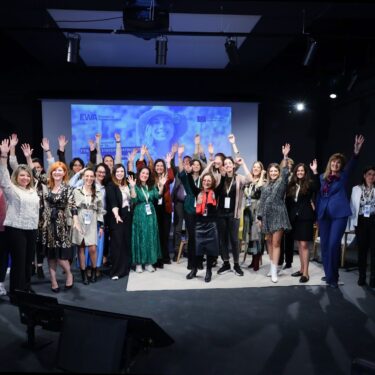EIT FAN Stories: Completeorganics
An interview with Sebastian Koch, founder of Completeorganics
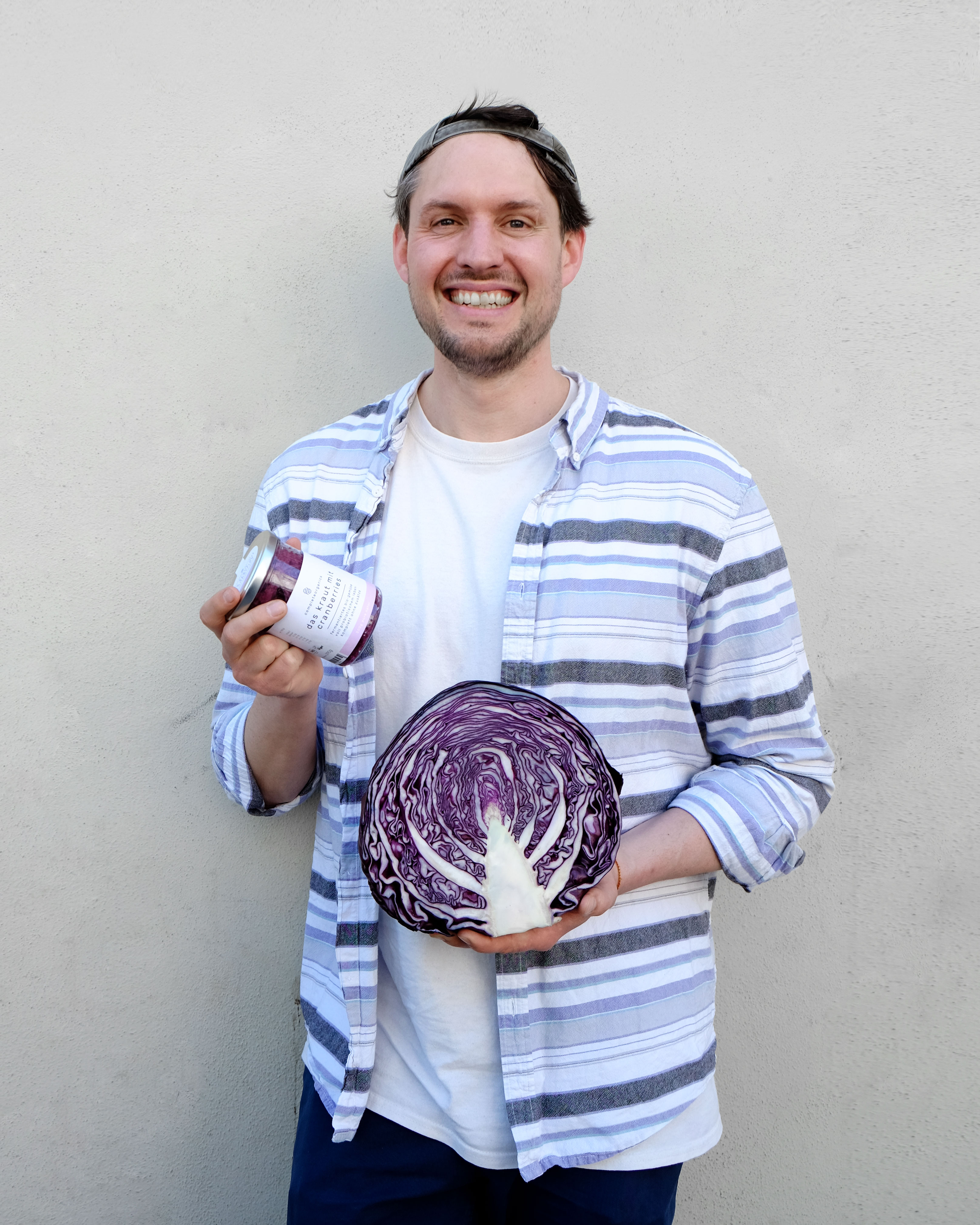
Do you know what is the oldest and most natural process to preserve food? Fermentation. Not only does it maintain the nutritional value from fresh vegetables, it also creates probiotic bacteria, which adds to a balanced microbiome of the human body. This process, which has been forgotten in the last hundred years, is the key to success for the Munich start-up Completeorganics.
How did the idea for Completeorganics come about?
Three years ago we started testing our products in a backyard garage in Munich. Initially we produced MVP prototypes by mixing different ingredients together to create unique taste and colour combinations. In the beginning of 2018, we started working with regional and national sellers in Germany to scale our business. My partner is an experienced chef, a big fan of Asian cuisine, and is responsible for product development and production. We developed a wide range of products containing typical Asian ingredients such as kimchi, goji berry, turmeric, ginger, Chinese cabbage. Germany, being the country of sauerkraut, pasteurises in production 99% of it for easy distribution, but that strips away all nutritional benefits. We wanted our products to be unpasteurised, healthy and as our brand name – completely organic.
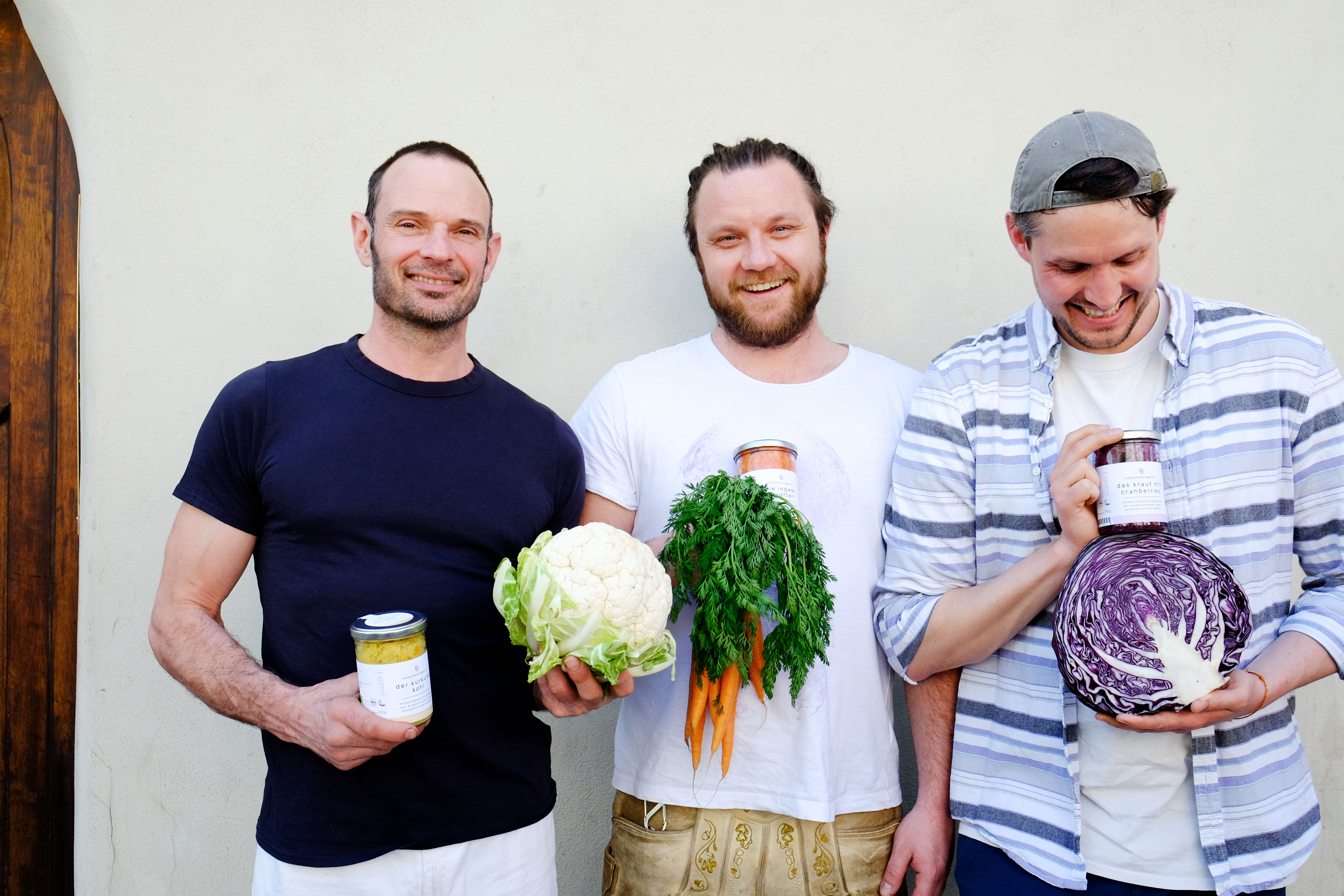
What specific challenges can you address in our current food system?
The food market is so vast which makes it difficult and expensive to invest in organic food production. Industrial preservation and additives make the process more cost-efficient and convenient for the trade. However, more companies should look into the origin of nutrients, especially into the benefits of developing probiotic bacteria cultures. As a food start-up it was challenging for us not to simply become a marketing brand but instead build up our own manufactory from scratch. This in turn separates us from most other food start-ups whose products are actually produced by external contract manufacturers.
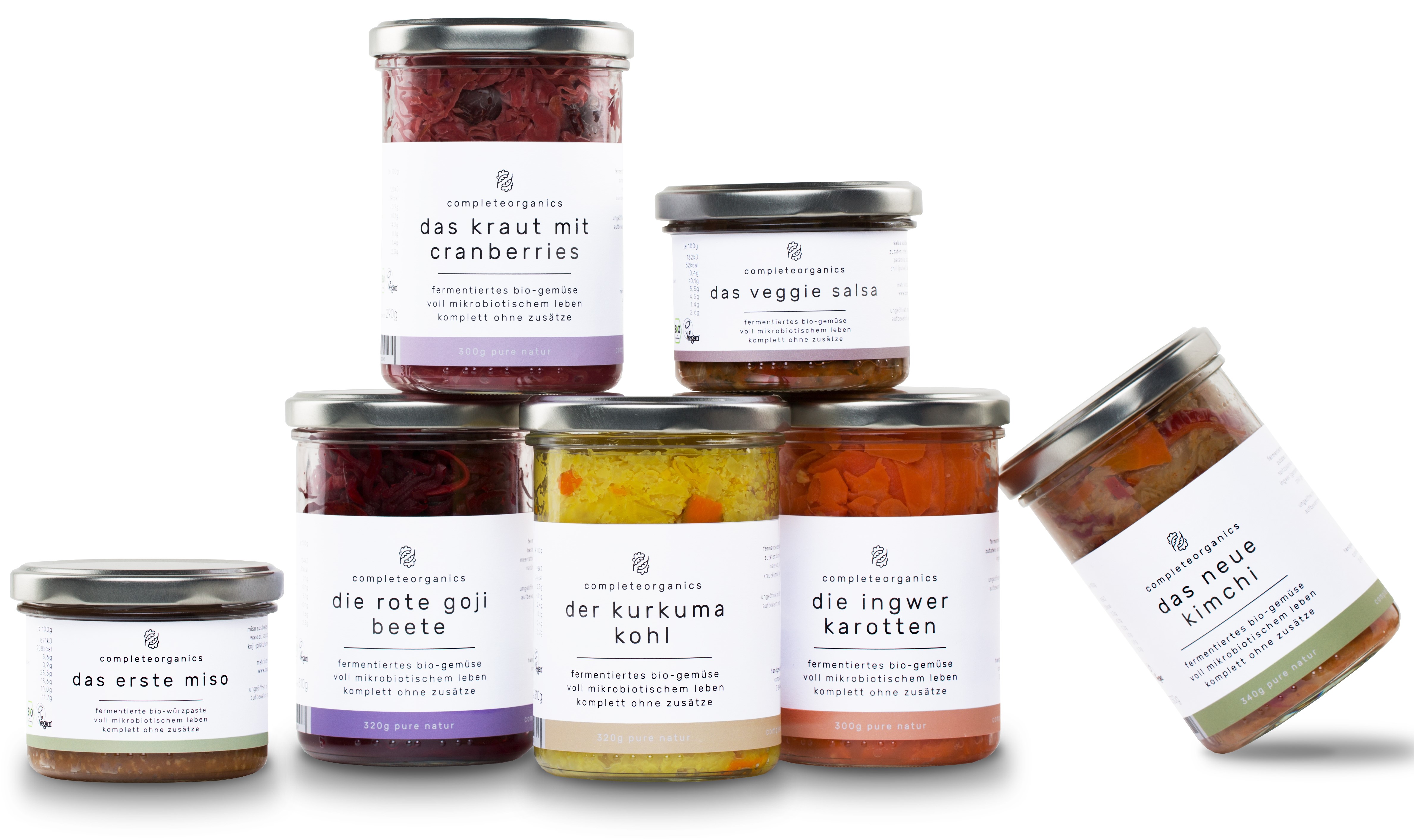
What is the process of turning a lab idea into a final product and bringing it to the market?
From the beginning on it was our goal to become a market leader for organically fermented and unpasteurized vegetables in Europe. In order to set a competitive as well as attractive pricing we were making a loss from each sold glass in the first years – due to the relatively high manufacturing costs per glass. That's why we bootstrapped our starting phase and also had to rely on the support of angel investors. Only recently have we achieved a positive contribution margin with our products through increased quantities and corresponding economies of scale. It is very rewarding to see demand for our products growing constantly and they appeal to a wide range of audience including national football players, famous athletes, etc. Currently, our main sales channels are over 1500 organic retail stores and chains in Europe.
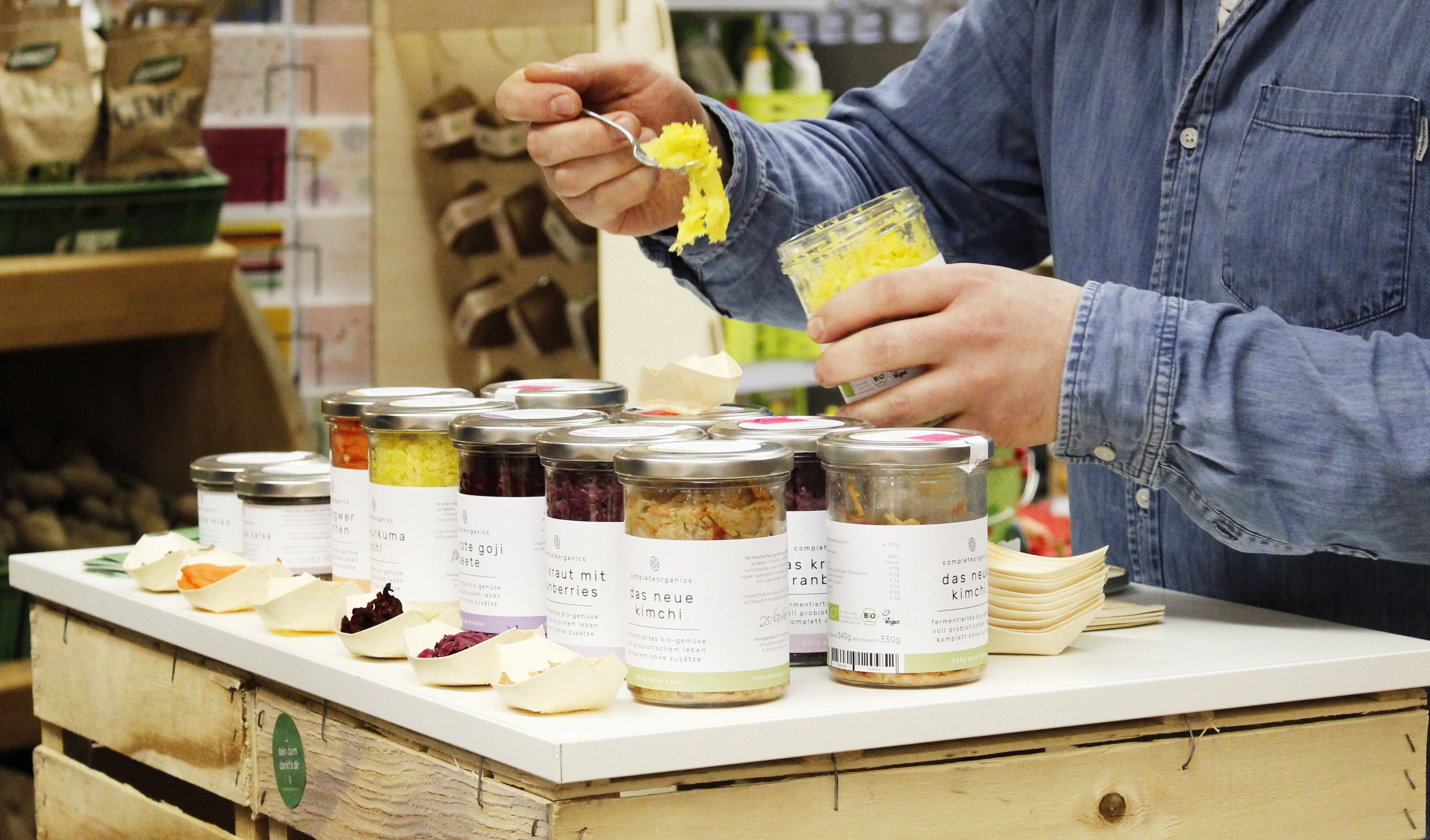
What was your experience with the EIT Food Accelerator Network?
Through the Technical University of Munich, we got to know about EIT Food and the programmes on offer. We were the first batch of start-ups participating in the EIT FAN in 2018 where at the time the programme had only three locations. We attended lectures and workshops in Lausanne which helped build our representation and pitching skills. A big challenge is to find funding to test your product when your company is not yet established. EIT Food provides help in this jungle of public funding and extends a crucial network in the food industry.
Would you recommend the EIT FAN?
Yes, it is definitely a great experience especially for early stage start-ups. You have the chance to travel, meet new people and build a network of contacts which could be useful in the future. It provides a basic product development strategy which is truly beneficial for a food start-up in the beginning.
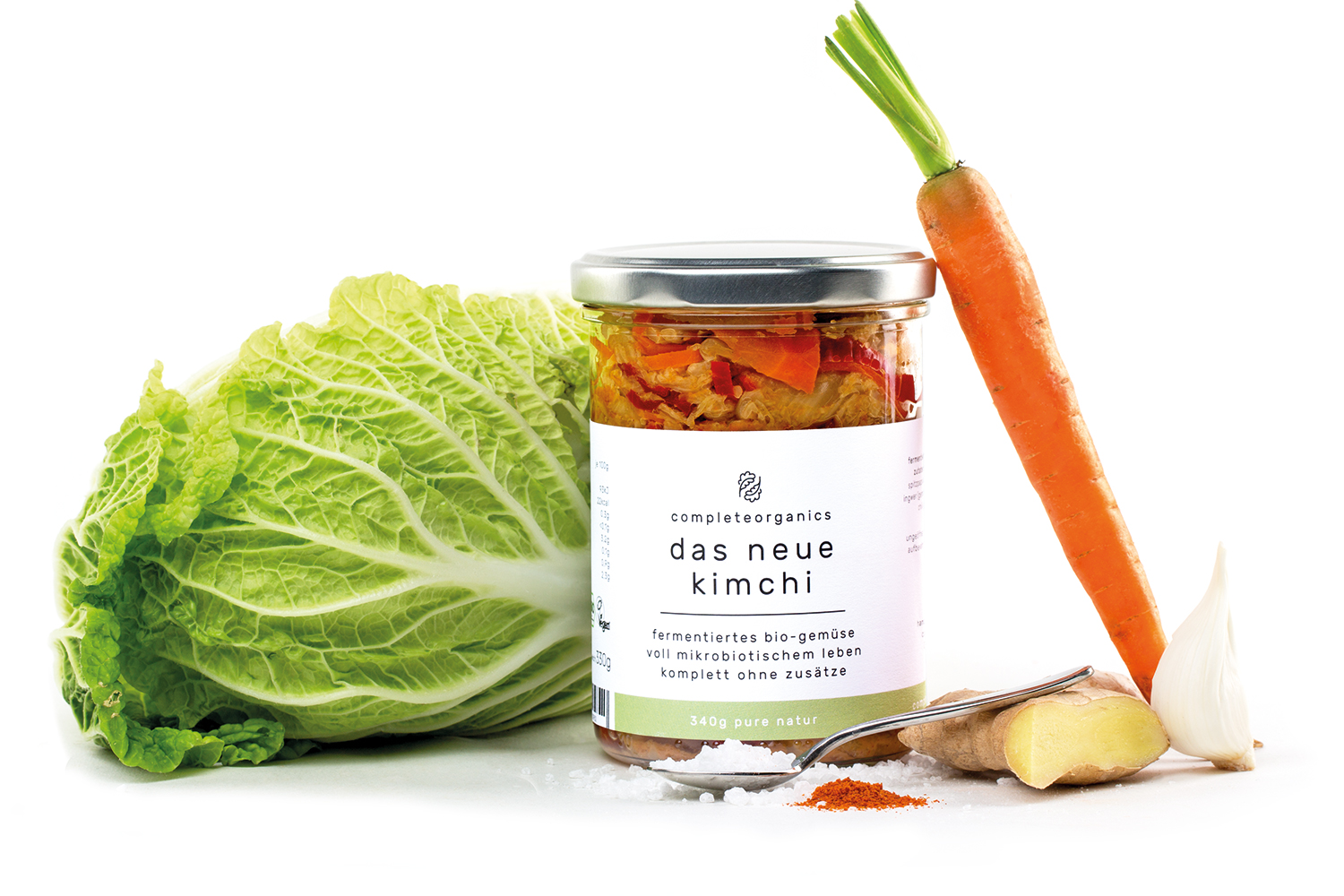
How do you see your company develop over time?
The biggest challenge is to upscale and eventually to outsource parts of production according to the high demand and market size. In addition, especially against the background of seasonal availability of vegetables, the procurement of raw materials represents a massive challenge for us. Currently, you can find Completeorganics products in many organic stores in Germany, the Netherlands, Austria, France and Switzerland. Our future aspirations go beyond European countries with the USA, Asia and the Middle East as potential markets.
Learn more about Completeorganics on their official website.
More blog posts by EIT Food West

Top women in agrifood to watch

Discover a Day in the Life of a Farm Vet





